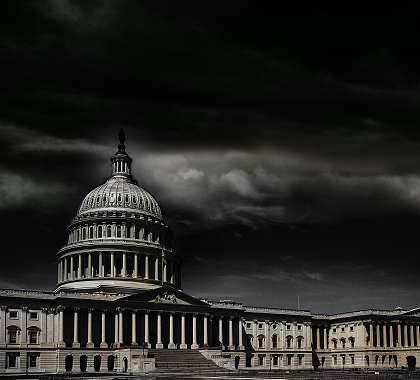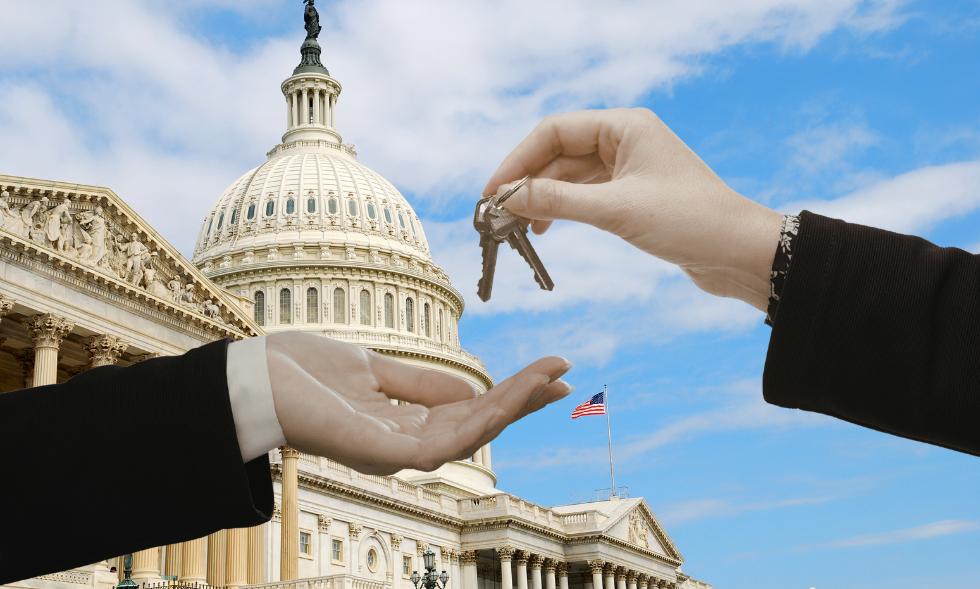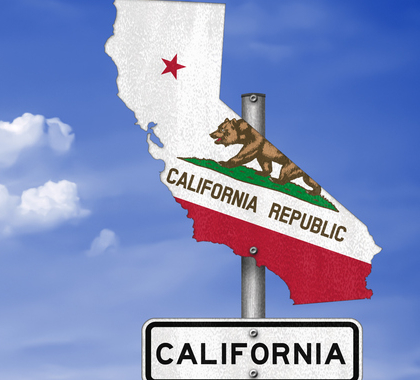The U.S. House of Representatives today passed by vote of 229 to 180 a resolution introduced by Rep. Steve Scalise (R-LA) “expressing the sense of Congress that a carbon tax would be detrimental to the United States economy.”
The following statements from energy policy experts at The Heartland Institute – a free-market think tank – may be used for attribution. For more comments, refer to the contact information below. To book a Heartland guest on your program, please contact Media Specialist Billy Aouste at [email protected] and 312/377-4000 or (cell) 847/445-7554.
“A tax on carbon dioxide is a horrible idea. It is a job killer. It is based on faulty, fake science promoted by Al Gore. And it would devastate the tremendous growth and prosperity generated by President Trump’s energy policies.
“It is useful, however, to have a vote on a tax on carbon dioxide every few years so the American people can more easily identify those in Washington, both in Congress and beyond, who support this massive tax increase.”
Tim Huelskamp, Ph.D.
President
The Heartland Institute
[email protected]
312/377-4000
Dr. Huelskamp represented Kansas’ 1st District in the House of Representatives from 2011 to 2017.
“One of President Trump’s biggest achievements has been to end his predecessor’s war on fossil fuels. Why, then, would Republicans in Congress seek to undo this achievement by adopting an unnecessary and economically destructive carbon tax? The very idea is absurd.
“Some economists foolishly accept unsubstantiated claims that the ‘science is settled’ regarding the causes and consequences of climate change and then lend their names and the credibility of their profession to proposals, like the carbon tax, that promise to efficiently reduce ‘carbon pollution.’ The science is not settled, and even more importantly, even the most efficient way to reduce greenhouse gas emissions costs many times more than the value of any possible benefits that would come from a slightly cooler planet in the year 2100.
“The time to consider a carbon tax was in 2009, when Democrats controlled the White House and both chambers of the Congress. That moment has passed. The agenda today is to finish the job President Trump started by adopting an America First energy policy.”
Joseph Bast
Director and Senior Fellow
The Heartland Institute
[email protected]
“Any tax on carbon dioxide would unnecessarily drive up energy prices. Affordable energy is the lifeblood of our economy, and targeting affordable energy would be an economic train wreck.
“The American public realizes that global warming is not a severe or imminent threat, which is why addressing global warming is such a low voter priority. Even for people who are concerned about it, the United States is already reducing carbon dioxide emissions faster than any other nation in the world. We are doing this without a carbon tax or many of the other punitive big-government programs advocated by the environmental left.”
James Taylor
Senior Fellow for Environmental Policy
The Heartland Institute
[email protected]
“The passage of Steve Scalise’s anti-carbon tax resolution is good news for American businesses and the American people. A tax on carbon dioxide emissions is nothing more or less than a highly regressive tax on energy, making U.S. businesses uncompetitive, and homeowners and consumers bills higher, while doing nothing to prevent climate change – which is impossible.
“Congress’ action puts the world on notice the U.S. will not be following other countries down the path of harmful energy restrictions. It also tells states that pass their own restrictions on fossil fuel use – whether through taxes on carbon dioxide emissions or regulations limiting fossil fuel use like cap-and-trade – that the federal government won’t be bailing them out when their programs increase energy prices and make their states less attractive to residents and business.”
H. Sterling Burnett, Ph.D.
Senior Fellow, Environment & Energy Policy
The Heartland Institute
Managing Editor, Environment & Climate News
[email protected]









